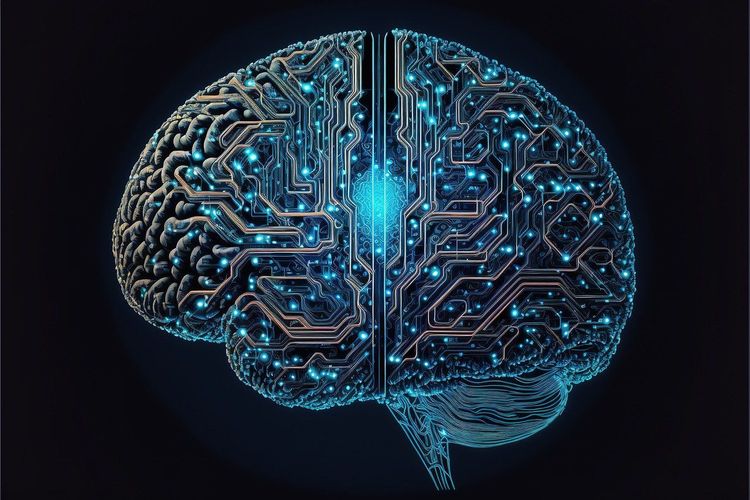Presented by Intel
In the rapidly evolving tech landscape, a significant transformation is underway, expanding the reach of generative AI (gen AI) from vast data centers and the cloud to the immediate domains of edge computing and personal devices. This shift aims to enhance customer experience by bringing computation closer to data sources, resulting in personalized, efficient, and contextually aware services for end-users.
The Role of AI PCs
Central to this transition is the integration of advanced AI capabilities directly into edge devices and personal computers. This development positions AI as a fundamental feature of PCs, rather than just a cloud-based service, offering users an intuitive and tailored computing experience. Enhanced chipsets allow for real-time data processing on-device, alleviating common cloud-related delays and privacy issues. Features such as text, image, and music generation, along with context-sensitive computing and dynamic optimization, empower AI PCs to evolve into proactive partners that adapt to individual preferences and workflows.
Fostering Creativity and Productivity
The integration of AI on PCs goes beyond mere convenience; it serves as a catalyst for creativity and innovation. Creators, designers, and professionals can leverage AI's power directly, enabling quicker iterations and more ambitious ideas. Intel collaborates with over 100 independent software vendors (ISVs) to optimize AI software, resulting in more than 300 AI applications and features. From predictive design tools to adaptive video editing software, the potential for creative breakthroughs is immense.
Innovating at the Data Source
Edge computing is essential for applications demanding real-time processing without the delays from cloud reliance. It's also vital for managing bandwidth costs while safeguarding data privacy. By 2026, it is anticipated that AI will play a role in 50% of all edge computing deployments. For instance, smart cities can utilize AI models on edge devices to manage traffic dynamically, predicting congestion and optimizing traffic signals in real time. This emerging reality highlights the importance of on-device AI capabilities.
Companies are building robust ecosystems that empower developers to deploy AI where it's needed most, utilizing the efficiencies of AI PCs. New AI-accelerated technology is designed to handle complex workloads, reducing dependency on constant cloud connectivity.
Challenges and Considerations
Despite the advantages of edge and PC-based AI, challenges remain. Privacy and security are crucial as devices gain autonomy in processing sensitive information. Companies must prioritize privacy and ethical AI practices to maintain user trust as AI becomes more integrated into everyday devices.
Energy efficiency is another significant consideration, especially for battery-operated devices. Innovations in low-power, high-performance processors are vital for ensuring that the benefits of gen AI do not compromise device longevity or increase environmental impact. Intel's OpenVINO toolkit optimizes deep learning models for efficient performance across its hardware, allowing broader AI application deployment even in resource-constrained environments.
The Road Ahead
As we transition to this new era, our perception and interaction with gen AI will evolve. With a focus on innovation, privacy, and sustainability, we are paving the way for a future in which AI will be an integral part of our digital experiences rather than merely a cloud-based service.
The revolution within edge computing and PCs showcases the transformative potential of gen AI, promising a future that is personalized, efficient, and creative. As this technology advances, its integration into our digital lives will deepen, blurring the distinctions between digital and physical realms and enhancing our intuitive interactions with technology.
Ultimately, the future of AI and computing is not just about powering devices; it’s about empowering individuals, businesses, and society to achieve unprecedented possibilities. The evolution of gen AI is happening now, at the edge and within our hands, reshaping our world in ways we are just beginning to explore.
La Tiffaney Santucci is the AI Marketing Director for Edge and Client at Intel.
1. Gartner®, Building an Edge Computing Strategy, Thomas Bittman, April 12, 2023. Gartner is a registered trademark.







